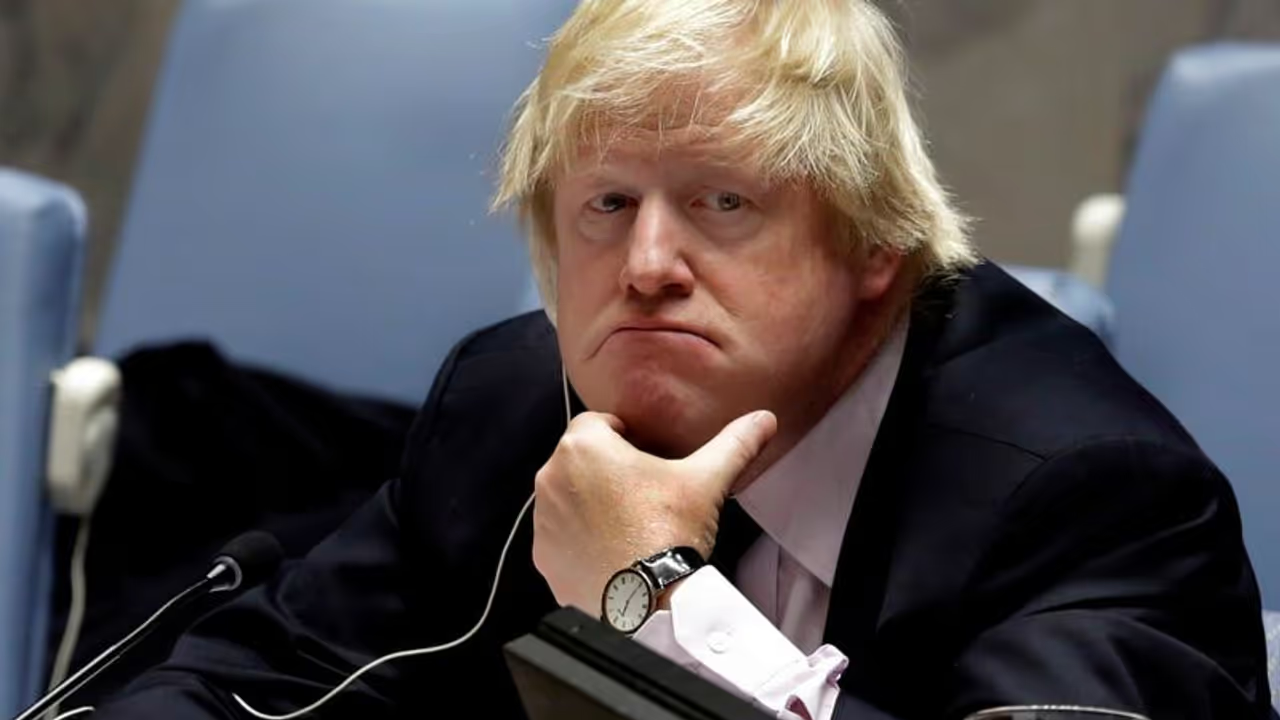Earlier, British PM Boris Johnson assumed office in July after promising to deliver on the 2016 referendum vote for Brexit, even if that means leaving without exit terms agreed with Brussels, Belgium
London: In a final show of defiance, United Kingdom's Prime Minister Boris Johnson, in a controversial move, suspended the Parliament, before members of the British Parliament rejected the second attempt on Tuesday (September 10) to call an early election to break the Brexit deadlock.
After few disturbed days that exposed Johnson's weakness in the face of hostile lawmakers, the House of Commons again refused to grant a snap poll that might have bolstered his position.
Also read: After 20-year reign over Alibaba Wealth Creation Empire, Jack Ma steps down
MPs had earlier voted demanding the government to publish confidential documents about Britain's readiness to leave the European Union on October 31 without a divorce deal.
Johnson took office in July promising to deliver on the 2016 referendum vote for Brexit, even if that means leaving without exit terms agreed with Brussels. But many MPs reject a "no-deal" divorce and in the past few days have rushed through a law that would force Johnson to delay Brexit if he failed to strike a deal.
The last chance to get a deal to avoid a Brexit delay lies at the EU summit starting October 17. Some commentators have said Johnson may be forced to resign if he does not want to delay.
Also read: Donald Trump nominates Indian-American Anuraag Singhal as federal judge in Florida
In a further sign of political turmoil, House of Commons Speaker John Bercow, who has championed the rights of MPs to challenge the government, announced he was stepping down.
Around 52% Britons voted to leave the EU in 2016, but after three years of political wrangling, the Parliament still cannot decide how to implement that decision.
Also read: While ISRO spots Vikram, Japan set for joint lunar polar exploration before early 2020s
Johnson said that he wanted to revise the deal agreed by his predecessor, Theresa May. A deal that was rejected by the MPs. However, Johnson said that this requires keeping open the option of walking away. His wafer-thin majority in the Commons disappeared last week when he expelled 21 of his Conservative MPs for voting with Labour on the "no-deal" legislation.
